Japan's parliament resorts to more legal measures to back up child-bearing as its total fertility rate and number of births hit new record lows in 2023.
The Ministry of Health, Labor and Welfare of Japan on Wednesday reported that the total fertility rate, which is the average number of children a woman is expected to have in her lifetime, fell to 1.20, dropping for the eighth year in a row.
The number of babies born in Japan last year dropped by 43,482 from the previous year to 727,277, the lowest since record-keeping began in 1899.
Meanwhile, the number of deaths rose by 6,886 from the previous year, reaching a record high of 1,575,936.
The number of marriages also fell, dropping by 30,213 from the previous year to 474,717, the lowest since World War II.
Late marriages and financial concerns are often cited as reasons for the declining birthrate. Officials said that various factors, such as economic instability and the challenge of balancing work and childcare, jointly led to the critical situation.
To address the declining birthrate, Japan's parliament passed a law on Wednesday that expands monthly child allowances and parental leave. Starting in fiscal 2026, this new child-rearing support will be funded by higher monthly health insurance premiums.
Key changes include extending child allowance coverage from age 15 to age 18 and removing the income limit for parents and guardians. Additionally, the monthly allowance for a third or subsequent child will be doubled to 30,000 yen ($192), with these changes set to take effect in October.
Other measures include increased benefits for parents taking childcare leave and expanded daycare services for children, regardless of their parents' employment status.
jiangxueqing@chinadaily.com.cn









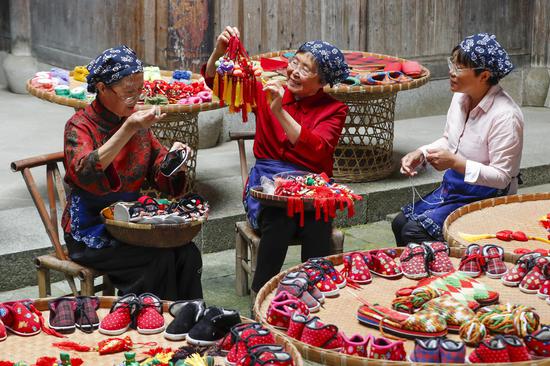





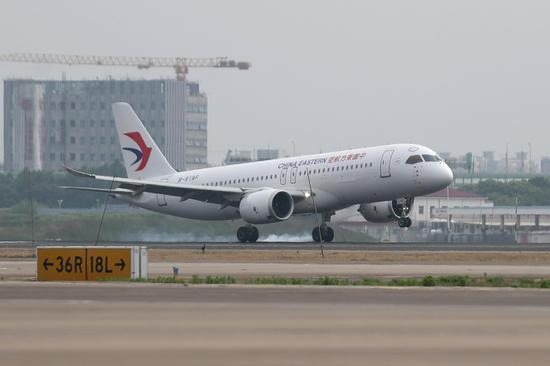





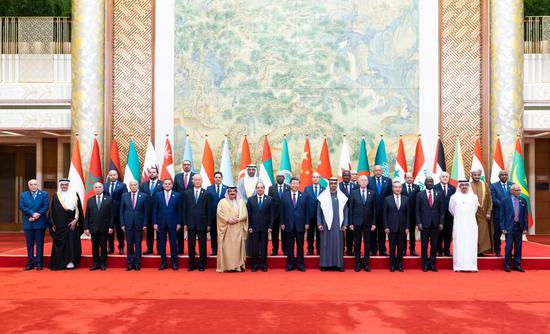



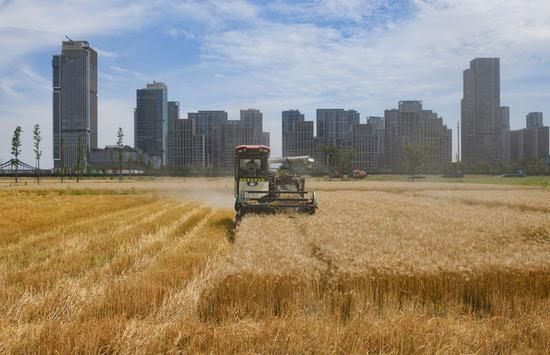







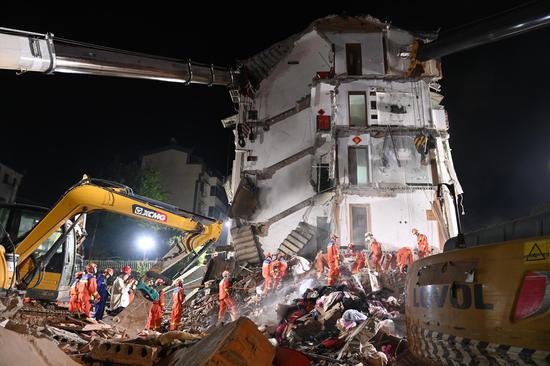
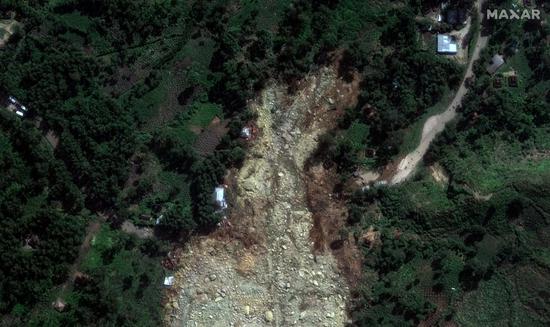















 京公网安备 11010202009201号
京公网安备 11010202009201号